Red Bull supports F1 engine equalisation amidst performance gap concerns
Amid concerns of a growing performance gap between Renault and rival engines, Red Bull's team principal Christian Horner backs the FIA's proposal for engine equalisation in Formula 1.
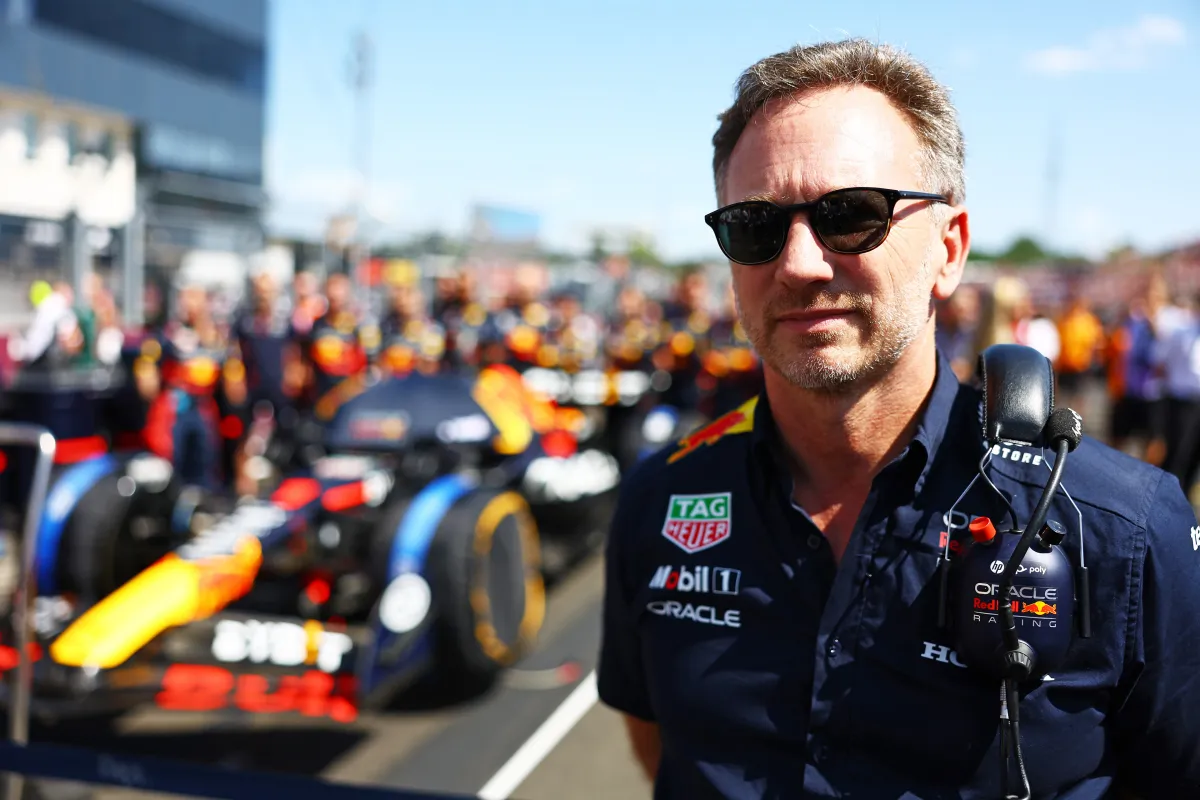
In light of potential disparities among Formula 1's power units, Red Bull's team principal Christian Horner has voiced his support for the idea of engine equalisation.
As teams grapple with frozen power units and a concerningly outpaced Renault engine, it's a sentiment welcomed by many.
Horner's stance on equalisation
Red Bull, a key player in the sport, is backing an initiative brought forward by the FIA to balance engine performance among manufacturers.
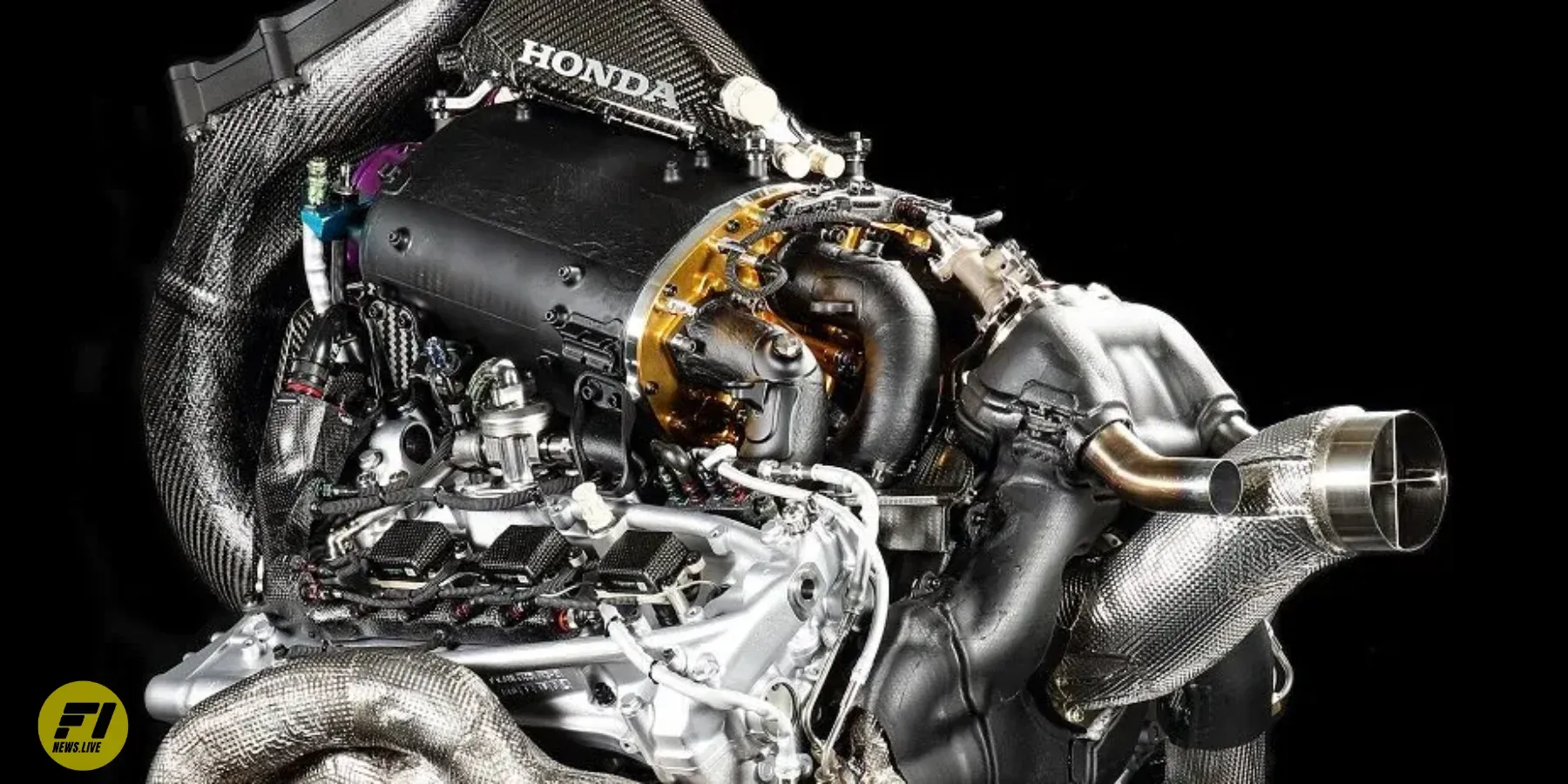
This move comes amid rising concerns that Renault engines, notably used by Alpine, are falling significantly short of their rivals – as much as 30hp down, according to some estimates.
While hesitant to divulge any concrete numbers, Alpine team principal Otmar Szafnauer conceded that the French manufacturer was falling behind, hampering its competitive prospects. “We are significantly down,” he acknowledged.
Horner is pushing for transparency and fairness. If the FIA can demonstrate a disparity among the engines, he believes it's only right that moves are taken to level the playing field.
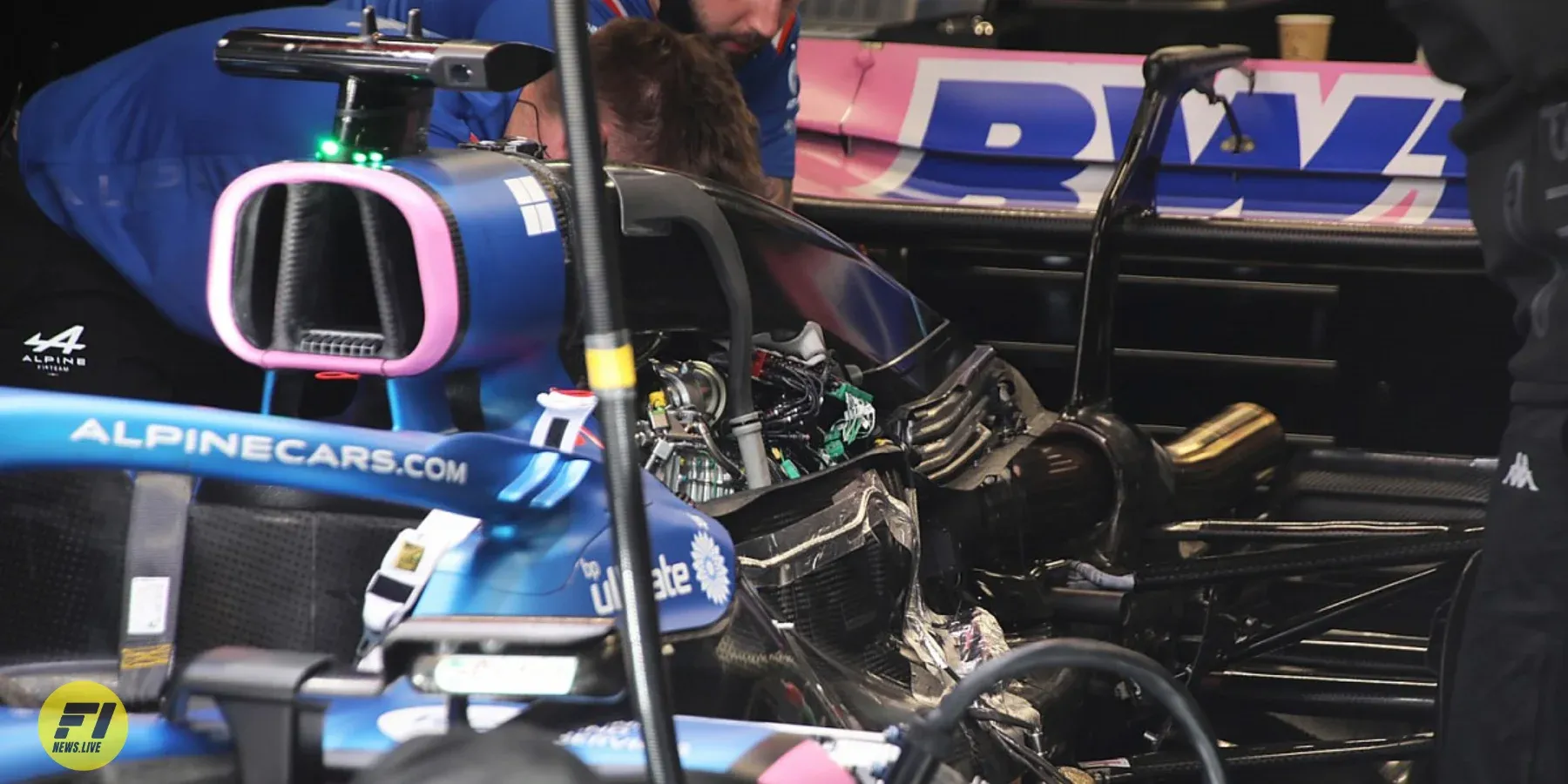
“We should be sensible about this – otherwise, you're locked in for two years,” he told Motorsport.com.
Past calls for equalisation
Horner’s stance isn't entirely surprising; he's advocated for equalisation in the early turbo hybrid years when Renault engines lagged behind Mercedes and Ferrari. Now, he's reiterating that message with added urgency, in the context of a power unit freeze.
Frozen since 2022, the power units’ performance cannot be adjusted, creating an unfair scenario for those falling behind. It's a situation Horner is keen to rectify.
Szafnauer's Approval
Szafnauer welcomed Horner's call for equalisation, particularly because the engine freeze from 2022 to 2025 was originally implemented to assist Red Bull in the aftermath of Honda’s F1 departure.
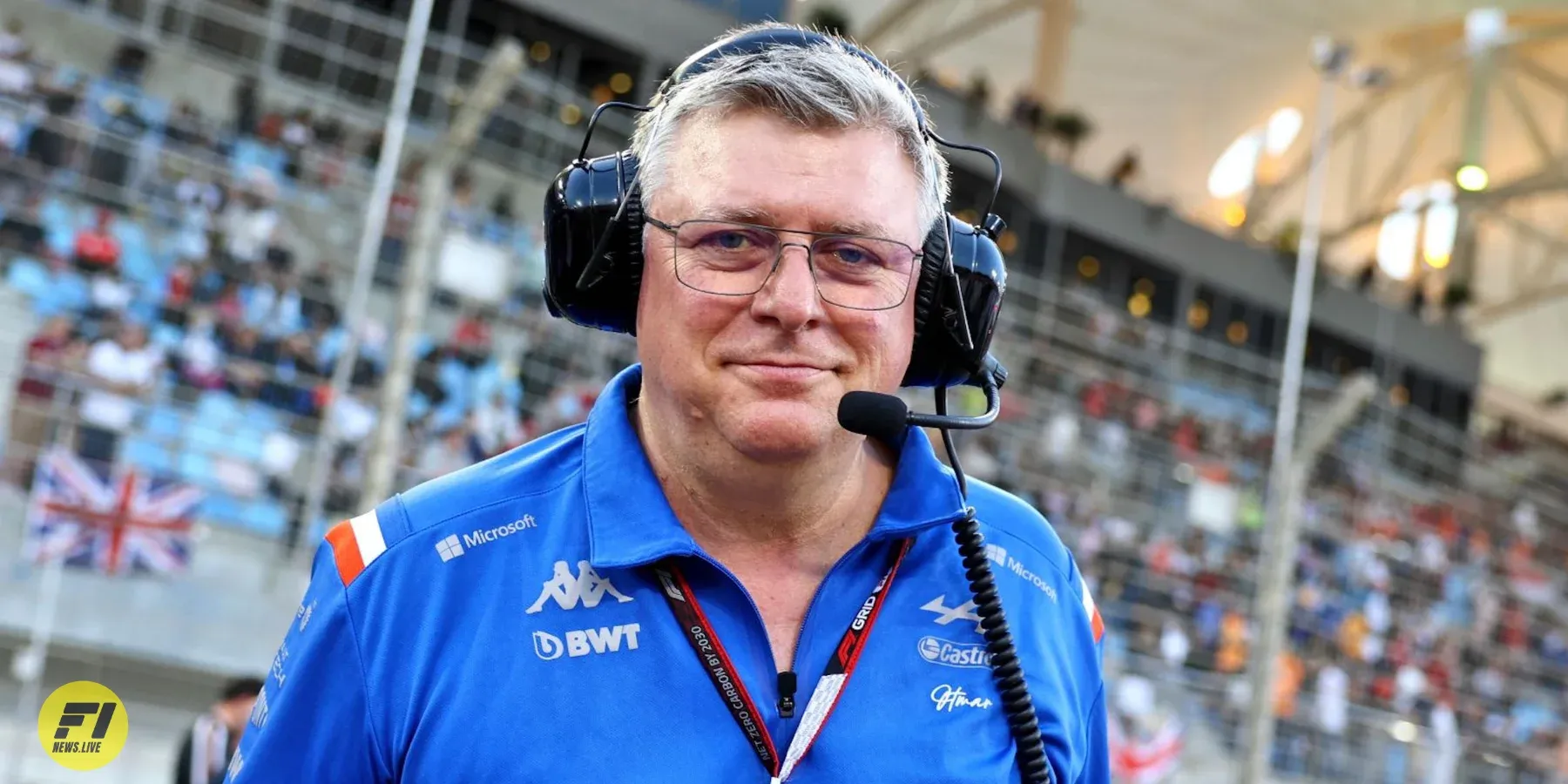
He suggested that Horner's recognition was a fair reciprocation of the benefit Red Bull enjoyed from this arrangement.
In the competitive landscape since the freeze, Szafnauer pointed out that some teams might have achieved power upgrades under the guise of fixing reliability issues, subtly shifting the balance.


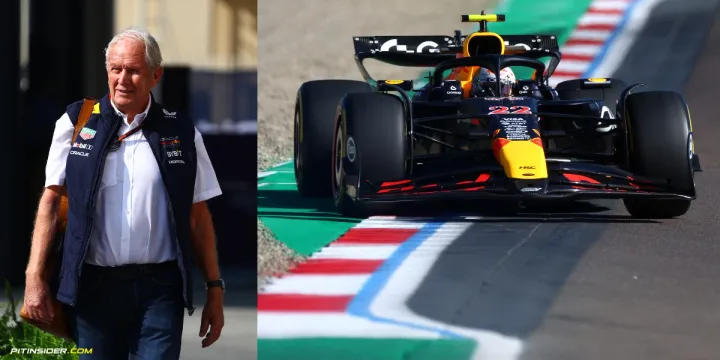
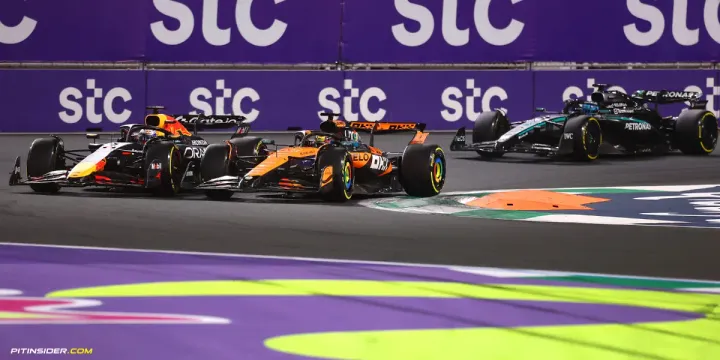
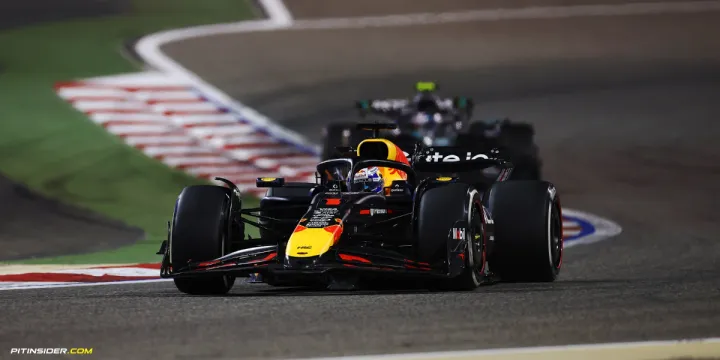
Comments ()